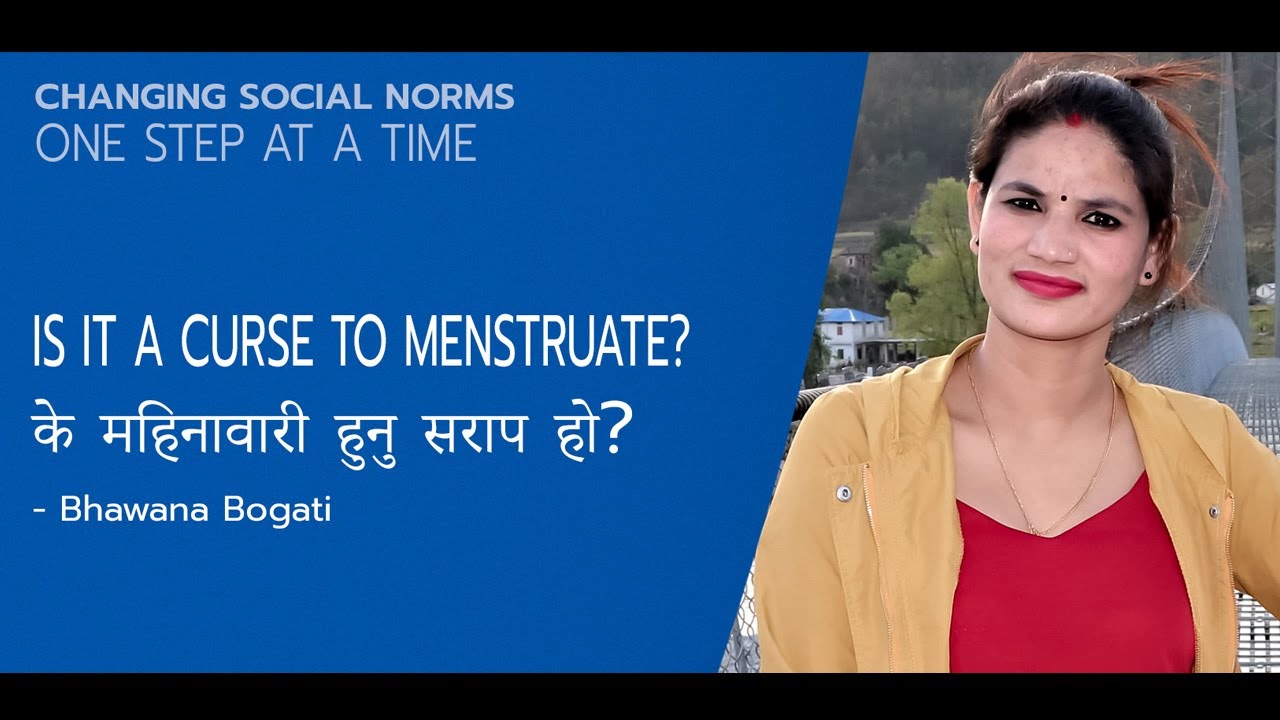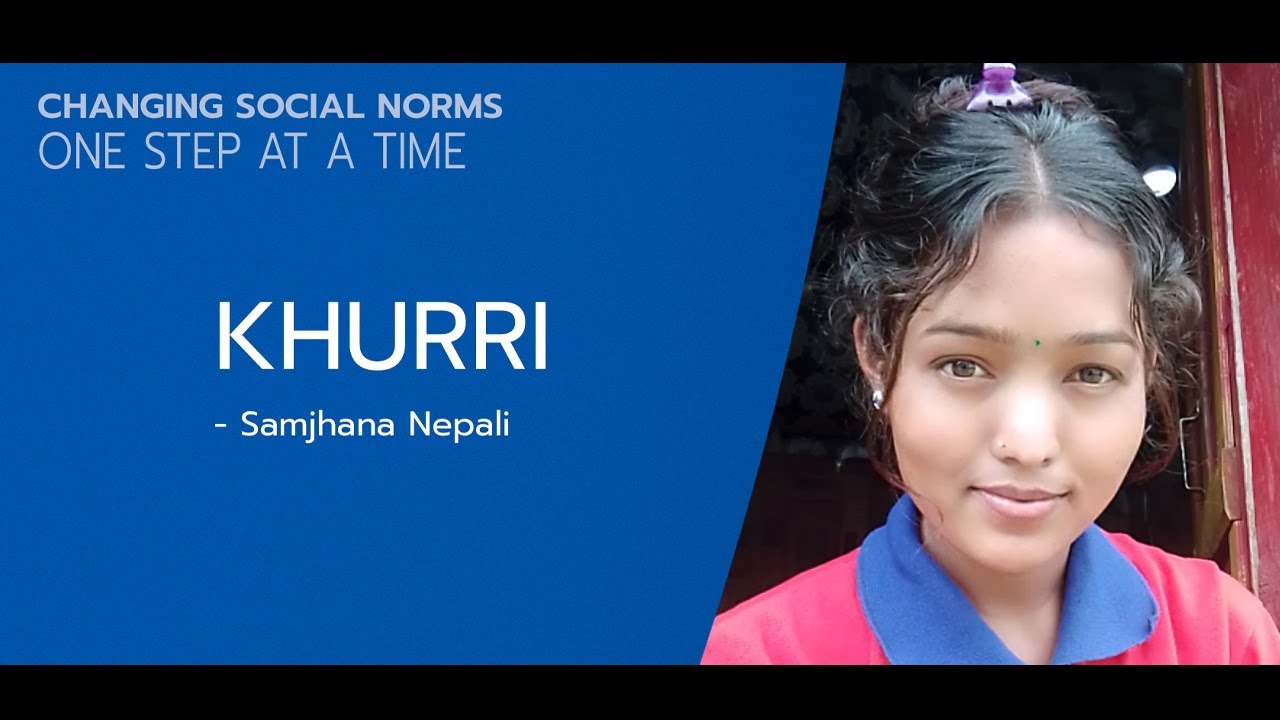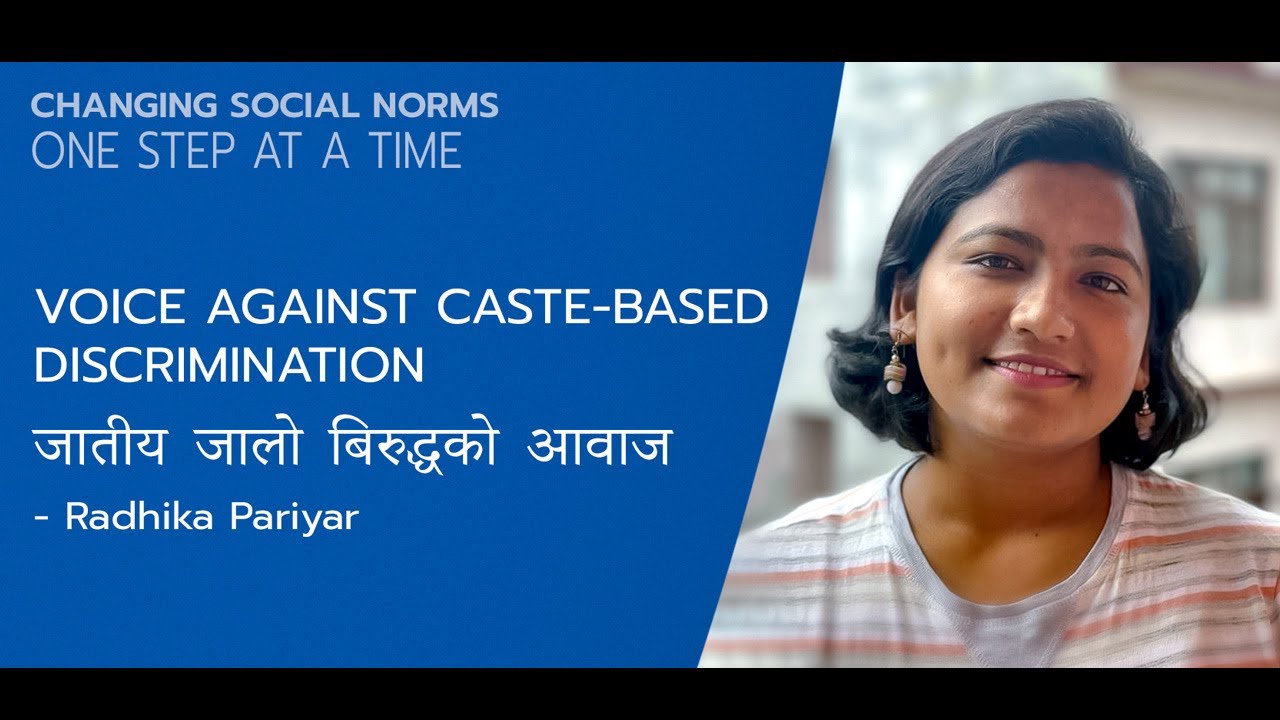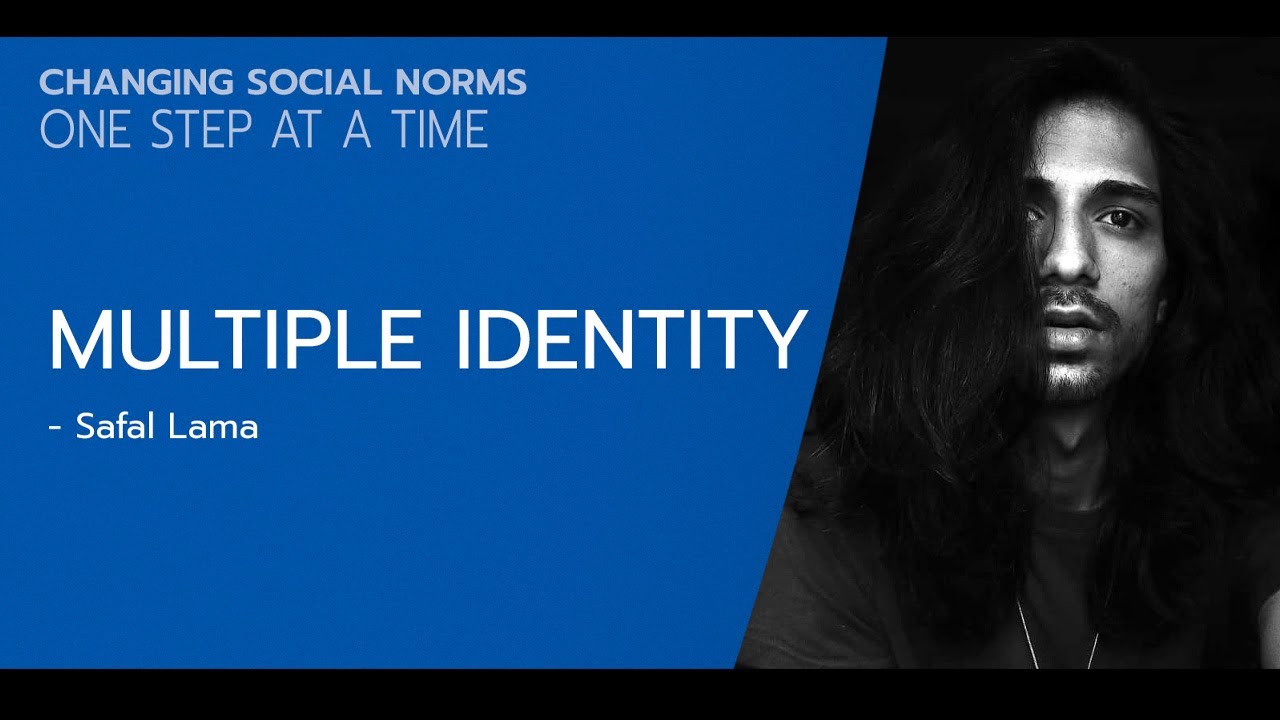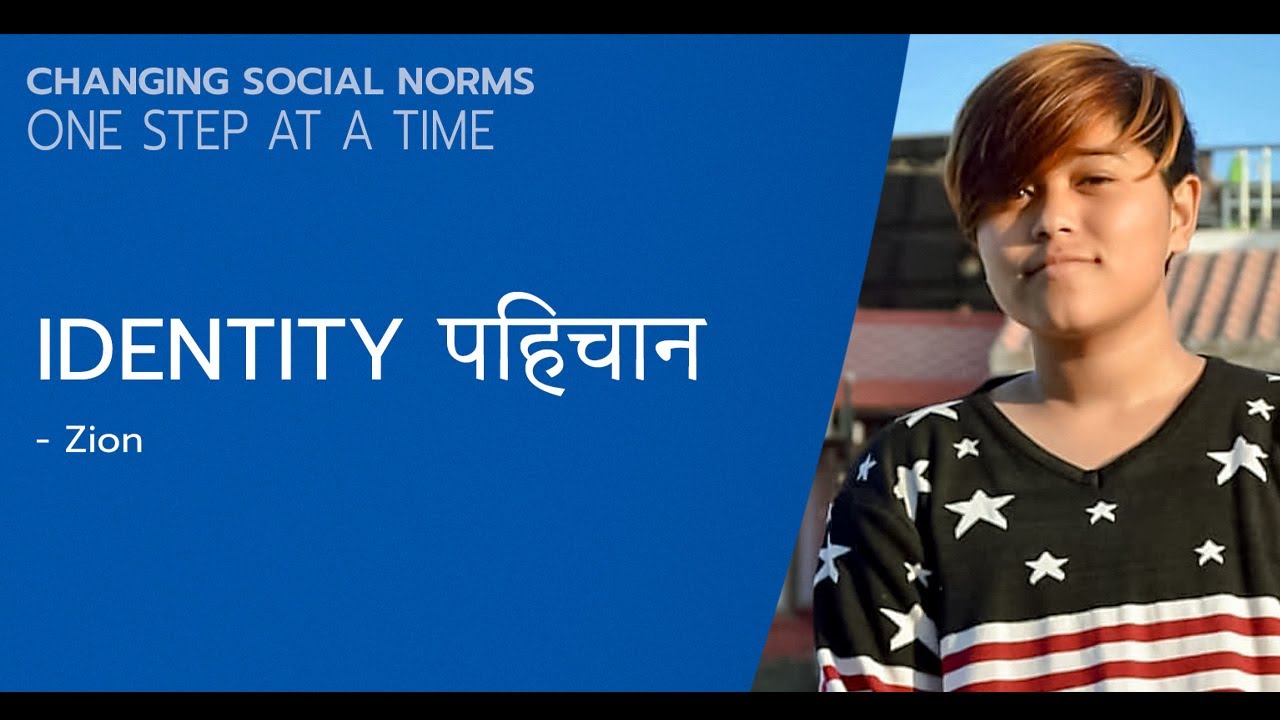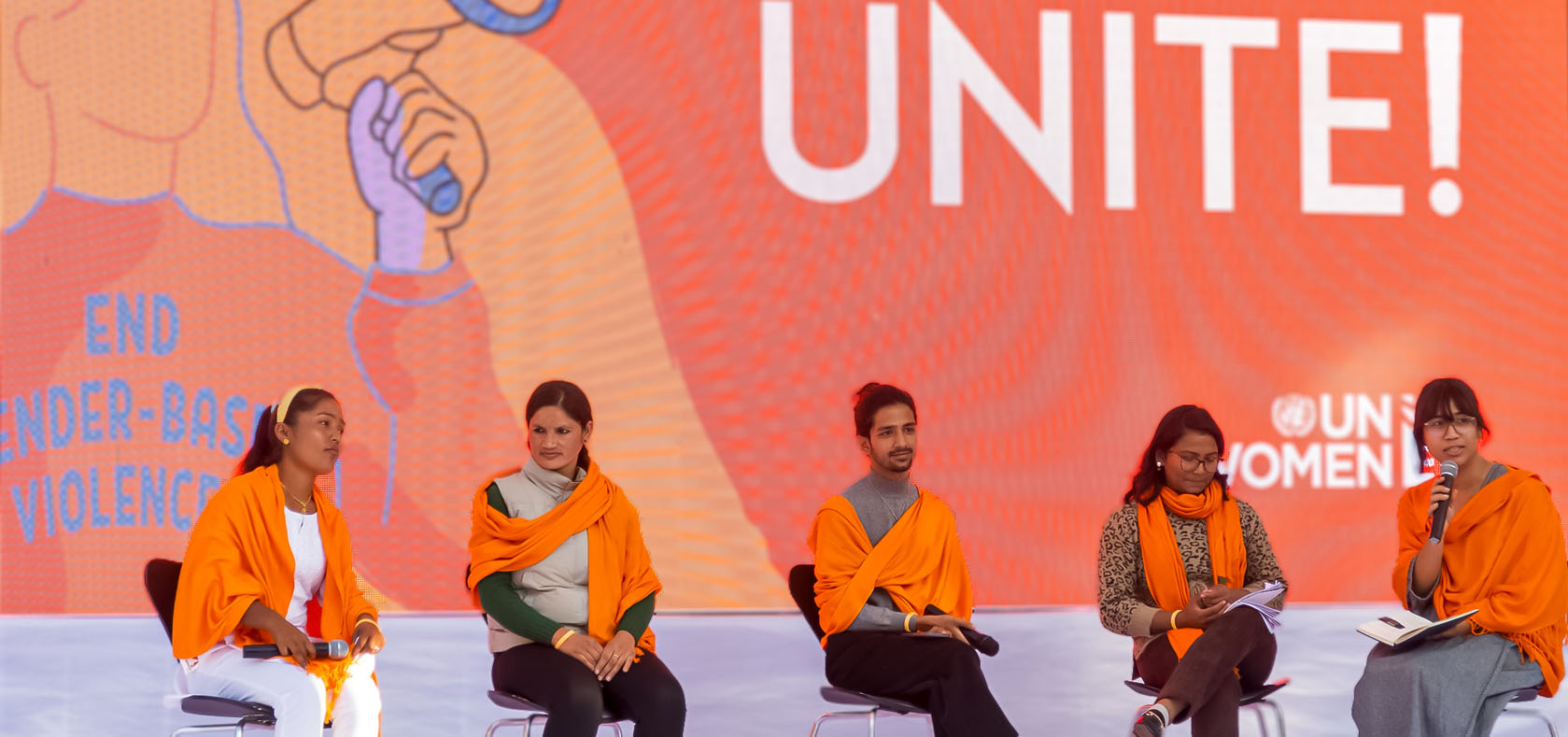"Is it a Curse to Menstruate," produced by Bhawana Bogati, is a mini-documentary that depicts the practice of Chhauppadi, an extreme form of menstrual restriction on which women in rural Nepal live in sheds for four to seven days while menstruating or after giving birth. “It is from the belief that menstruating blood is impure and that if a menstruating woman enters or touches things considered pure she will bring bad luck to the family, and community,” Bogati says. While in the huts, women are at risk of sexual violence, getting attacked and even killed by animals, or death or injury from fires while trying to keep themselves warm.
In her short fiction film "Khurri," Samjhana Nepali depicts caste-based discrimination and how it can mentally affect individuals by showing the life of Khurri. Throughout the film, Khurri is bullied by her classmates from privileged caste groups, leading her to drop out of school, negatively affecting her mental health. Caste-based discrimination is illegal in Nepal, nonetheless it is very pervasive in society. The Dalit community, historically the low caste known as untouchables, faces jarring fear, discrimination and mental violence.
On the same subject, "Voice Against caste-based discrimination" is a powerful mini documentary by Radhika Pariyar. Radhika interviews people from the community, and they describe their own horrible experiences of discrimination they had to endure and the absurdity of social norms. "These films are strong reminders that many social justice movements in Nepal are still dominated by privileged caste groups, and to bring about that social change, we need more leadership from Dalit communities," says Subeksha Poudel, communications officer at UN Women Nepal.
"Multiple Identity" by Safal Lama encourages people to think about identity from a broader perspective. In this short film, Safal talks about their experience dealing with and coming to terms with their identity. Emphasizing that identities are not bracketed but rather intersectional, Safal also highlights how finding community can be powerful to accept oneself.
Similarly, "Identity" by Zion Magar is focused on his personal story. He brings about his identity struggles and how he overcame them—highlighting how other people's perceptions of him were harmful and how the support received by his mother and partner helped him accept himself. “It is crucial that every social movement is inclusive and intersectional, individuals have layers and layers of identity and face discrimination in many different ways” says Poudel.
